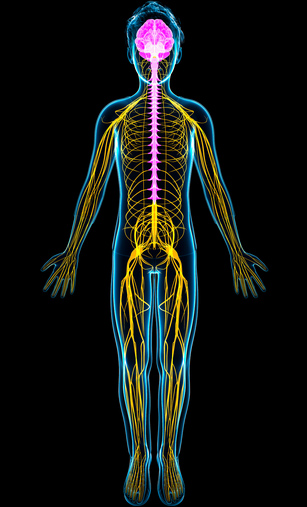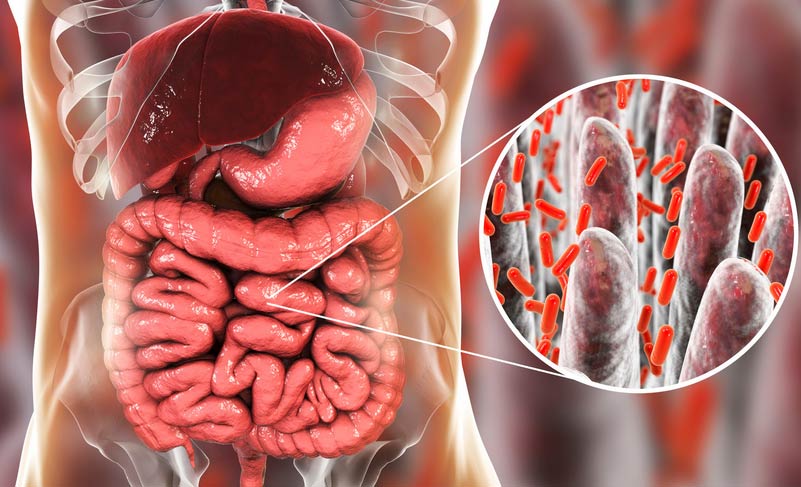Menopause and Mood – Is it All in My Head?
Women have been found to have 2 to 4 times more likely to experience depression after menopause than before it8. Our mental well-being is vital to our physical health, with depression linked to other health concerns, like diabetes, pain and cardiovascular disease8.
What Does Stress Do?
Stress has been defined as anything that disrupts the body’s internal balance. Well, by that definition there are many things in our daily life that can leave us wide open to be thrown off balance!
Stress can be a positive influence on our lives, it can motivate us and support us to achieve marvelous things. When it is prolonged or overwhelming it can lead to sometimes serious health issues and most defiantly ‘skew’ our hormones, especially in menopause.
Sometimes the stress we feel can be a good thing, however chronic, excessive stress as mentioned above, can suppress our immunity, increase our heart rate and blood sugar, disturb our sleep, disrupt hormones, increase hot flushes and our risk for many chronic health conditions.
Brain Fog – Am I Imaging This?
In short – No, our hormones, estrogen, progesterone, and testosterone are able to affect changes in our brain. These hormones can activate our central nervous system and they all have receptors in our brains, as well as being intricately linked to many neurotransmitters involved in memory and concentration. This relationship affects many of our behaviours like cognition and memory, our sleep and mood, pain levels and coordination. So, it stands to reason when these hormones, particularly oestrogen, change or decrease, those changes can affect our mental state and emotional well-being as well.
The Menopause and Mood Connection
When we transition into menopause, we are more prone to mood changes. This may be anxiety for some and depression for others, and commonly a combination of both. Women are often more susceptible to changes in mood (sometimes violently) at times when our hormones are fluctuating, like during our menstrual cycle, during or after pregnancy and when transitioning into menopause.
Decreasing estrogen and other hormones can lead to increased stress, and hot flushes which often disturb sleep leaving us tired during the day, and therefore having a profound effect on our memory and our mood. Other issues that can leave us susceptible to mood changes are – unrefreshing sleep, stressful life events as well as perceptions of stress and having a higher BMI.
What Can We Do About Our Mood?
I love the saying – “It’s not the load that breaks you down, it’s the way you carry it.” —Lou Holtz.
Ideas that can improve and support mood are the same as those that decrease stress
- Green spaces are very important – so spend time in nature, there is such a thing as ‘Forest Medicine’ which simply put, means that spending time in nature can have physiological relaxation effects on many systems in our bodies, especially the nervous and immune systems and well as our hormones. So why not try some ‘forest bathing’ on a regular basis?
- Exercise is the best way to facilitate the regulation of these hormonal irregularities. It has been shown that regular physical activity is beneficial for most stress-related conditions and chronic diseases, including heart disease, diabetes, osteoporosis, and mental health. It needs to be done regularly several times a week and should be budgeted into one’s schedule.
Often, we have less time and are feeling stressed, that is the time that we need to take more care of ourselves and eat well. But it is often the time that we take the least care and eat on the run and eat high fat / high sugar/takeaway food? So, eat a diverse range of whole foods. The greater the variety of foods, the higher the variety of essential nutrients
- Stress induces protein breakdown from muscle tissue to sustain the fuel needed for the stress response. Eat good quality protein, the size and thickness of your palm each meal for breakfast, lunch and dinner at regular intervals.
- Nutrients that may help adrenal function – Vitamin C rich foods to replenish the adrenals e.g. red capsicum, broccoli, kiwi fruit, strawberries, lemons, limes, oranges
- Magnesium-rich foods to calm the nervous system with examples of foods e.g. whole grains, nuts, seeds, legumes, cacao, dark leafy greens
- B vitamin-rich foods to help to break down food for energy production and to combat stress and fatigue /they also help make neurotransmitters – whole grains, meat, eggs, legumes, dark leafy greens, nuts and seeds
If you see that your mood is changing at any stage of your life, there is help and support available. Should you have any further concerns regarding your well-being now or in the future, please contact Handcrafted Health for a specific plan or for any immediate support for difficult situations please call LIFELINE 13 11 14.









0 Comments